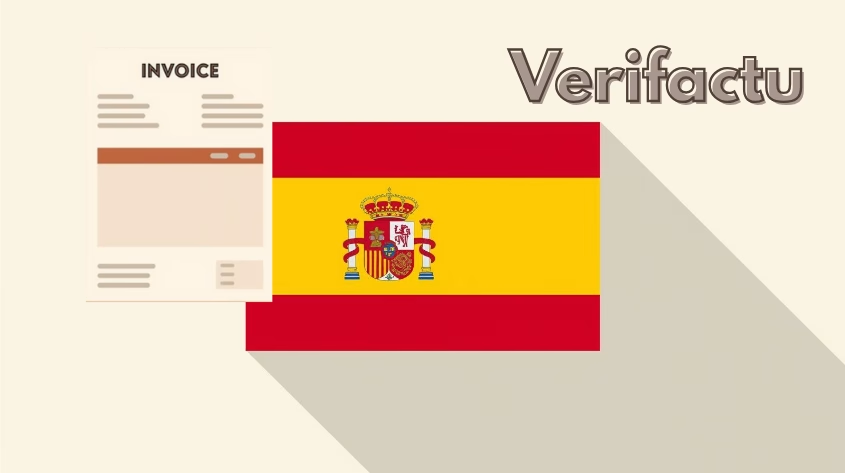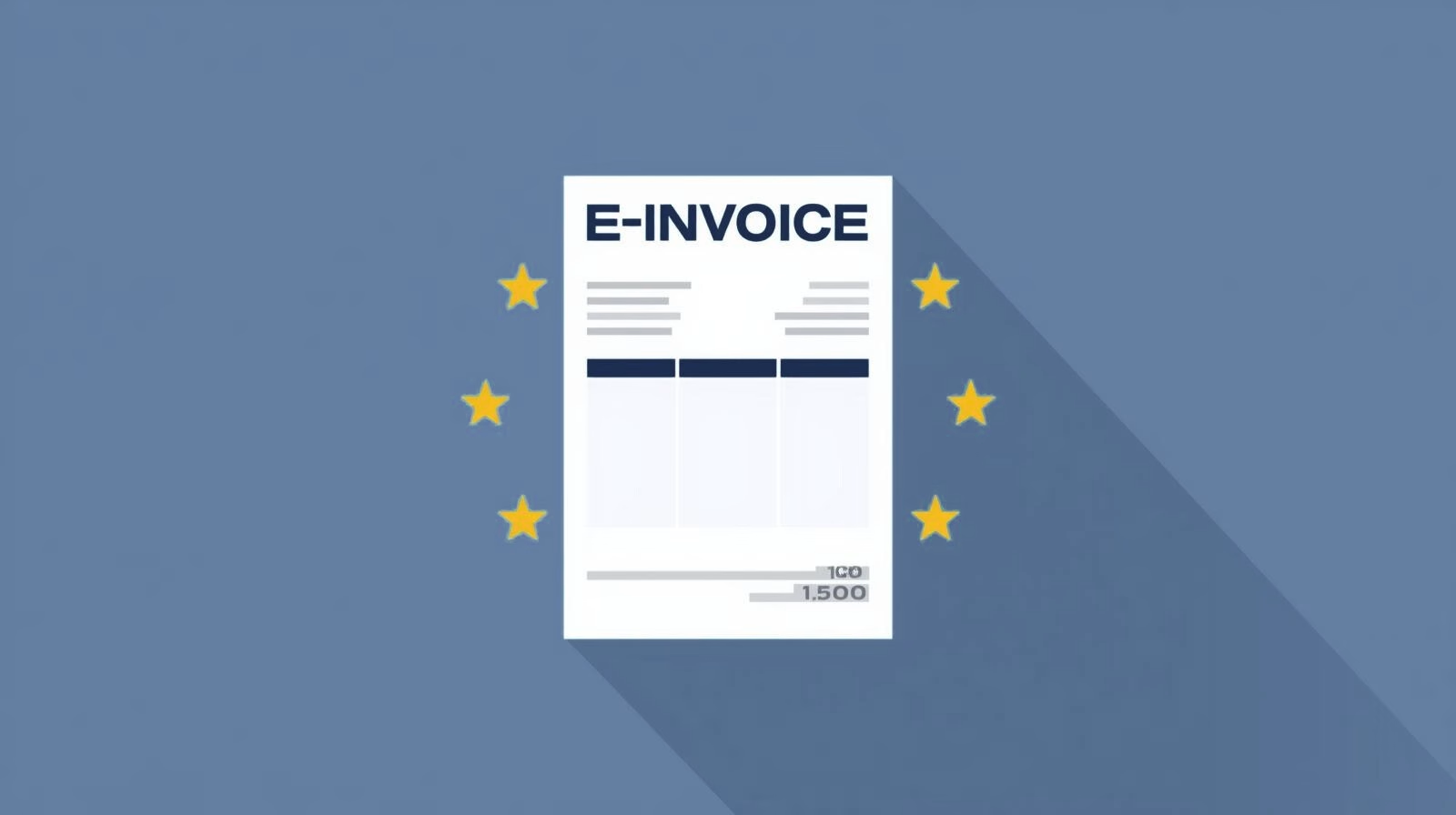the Withholding tax is a flat-rate capital gains tax of 25 %, which has been levied since 1 January 2009 on Interest chargesdividends and capital gains. It is withheld directly by banks and credit institutions and paid to the tax office. In addition, the Solidarity surcharge and if necessary Church tax an.

Legal basis: § Section 32d (1) of the Income Tax Act (EStG): "The income tax for income from capital assets [...] is 25 per cent."
Taxed investment income:
- Interest from bank deposits, bonds and loans
- Dividends from shares and funds
- Capital gains from the sale of securities
- Income from investment funds - regardless of distribution or reinvestment
- Gains from certificates and reverse convertibles (with exceptions for old holdings)
- Endowment insurance policies with payout before the end of 12 years or before the age of 60
Exceptions (not taxable):
- Investment income in the context of commercial or freelance activities
- Loans between related parties if the debtor claims business expenses
- Interest income from shareholder loans with an interest of more than 10 %
Exemption order and non-assessment certificate:
- Savings lump sum: 801 € for single persons / 1,602 € for married couples - to be deposited with the bank
- NV certificate: To be applied for at the tax office - valid for 3 years if the income is below the basic tax-free allowance (e.g. € 8,652)
Assessment option - Annex KAP:
- For capital gains that were wrongly taxed or for which the personal tax rate is below 25 %
- Mandatory for: Foreign interest, sale of life insurance, refund interest from the tax office
- Favourability test: Examination by the tax office as to whether the personal Tax rate is more favourable than the flat-rate withholding tax
Investment funds and special features:
- New taxation rules for funds since 2018 with abolition of grandfathering
- Partial exemptions apply to equity and mixed funds
- For foreign accumulating funds: separate information required in Annex KAP
Advantages:
- Simpler taxation through automatic payment by banks
- Less administrative work for tax returns
Disadvantages:
- No more deductions for income-related expenses possible
- Losses on shares may only be offset against gains from share transactions
Example: You receive €1,200 in interest per year from three different banks, but only have exemption orders totalling €1,000 with two banks. The remaining €200 is subject to withholding tax - if your personal tax rate is below 25 %, you can use the KAP attachment apply for a refund.

Service description in the e-invoice: How much detail really needs to be included?

Verifactu in Spain: the new invoicing obligation

The e-invoicing regulations in Europe

Versino Financial Suite V09.2025 for SAP Business One

Accounting outsourcing: Why it pays off for SMEs
